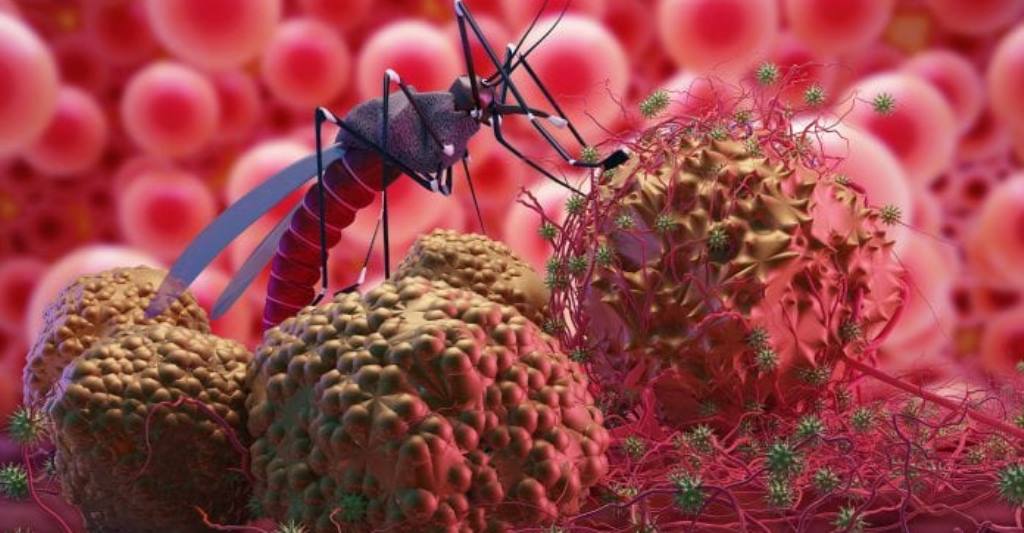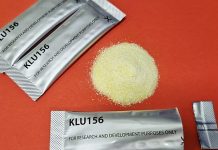MINISTRY of Health authorities have announced a review of malaria control strategies, ranging from promoting the use of treated mosquito nets to Indoor Residual Spraying (IRS) which begins today.
The authorities led by Deputy Minister for Health Ms Harusi Said Suleiman informed journalists at a press conference held here that the IRS will target about 41,000 in 79 shehias (lowest level of local government administrative areas in the Isles).
“In 2018/2019, we had 5,340 cases of malaria with five deaths, while the following year, 2019/2020, so far we have recorded 6,760 cases with seven deaths. This has prompted us to take tough measures to control the disease,” Ms Suleiman said.
She mentioned some of the chronic areas as Chukwani, Kikwajuni, Kiwengwa,Tunguu, Kinuni on Unguja Island, and Shengejuu, Tumbe, and Kiuyu in Pemba Islands.
“We ask for maximum cooperation with residents by allowing sprayers to access homes,” she emphasized. Ms Wahida Shirazi from the surveillance unit attributes reemerging of malaria to filthy surroundings which allow mosquitoes to breed, and most people not using treated nets while in bed. She said: “We plan to distribute treated mosquito nets to households in 32 shehias.”
But Dr Fadhil Mohamed, Director Prevention and public health awareness department also attributes malaria cases to travellers, “because a survey has revealed that 60 per cent of the malaria positive cases are from people who have travelled from outside Zanzibar.”
He said despite resurfacing of malaria, prevalence remain at below one per cent and that the government with support from development partners is committed to control the spread, as Zanzibar struggles to achieve a ‘Malaria Free country before 2030’ status.
IRS is one of the primary methods, along with long-lasting insecticide-treated nets, used to control and reduce the burden of malaria.
It involves spraying insecticide on the walls, ceilings, and other indoor resting places of mosquitoes that transmit malaria.
Zanzibar has maintained malaria prevalence below one per cent for the past decade, but elimination of the deadly mosquito-borne disease remains elusive, despite the widespread use of insecticide-treated bed nets.







